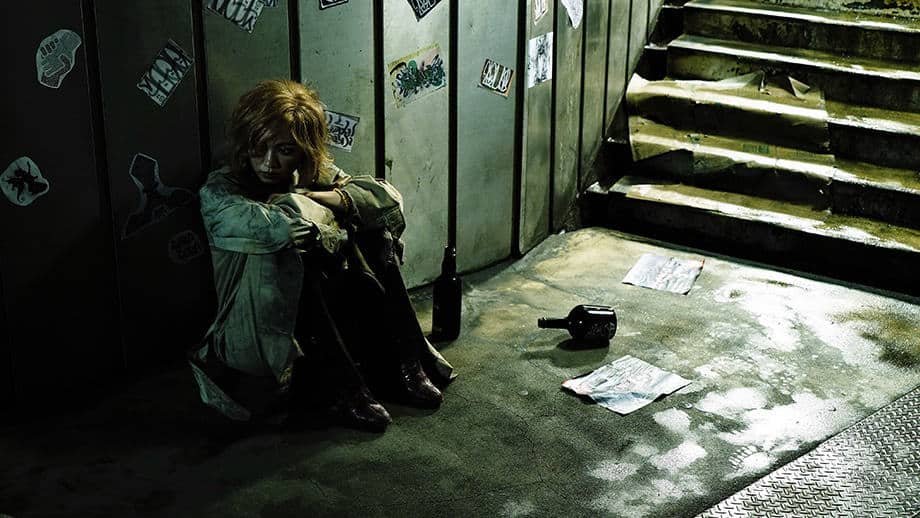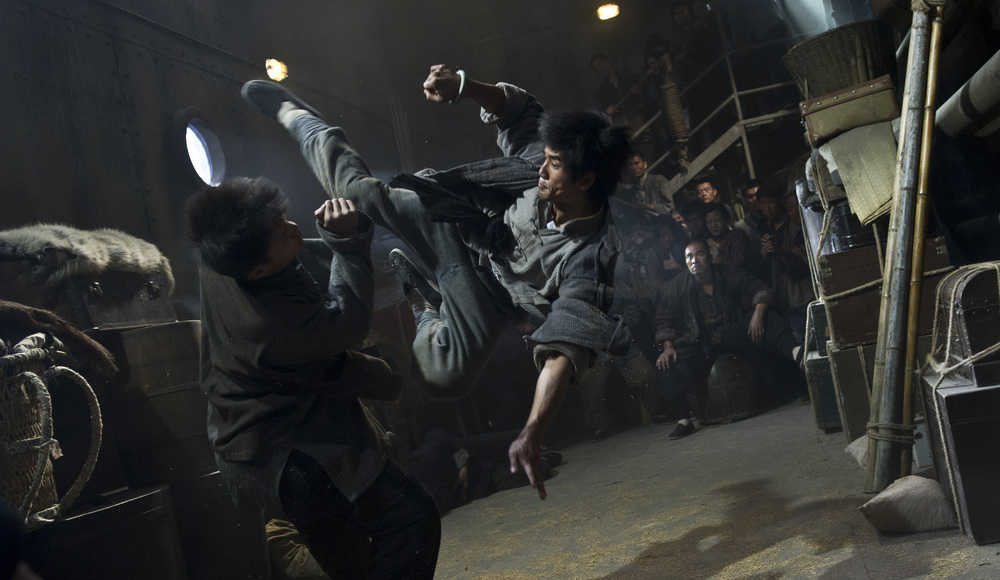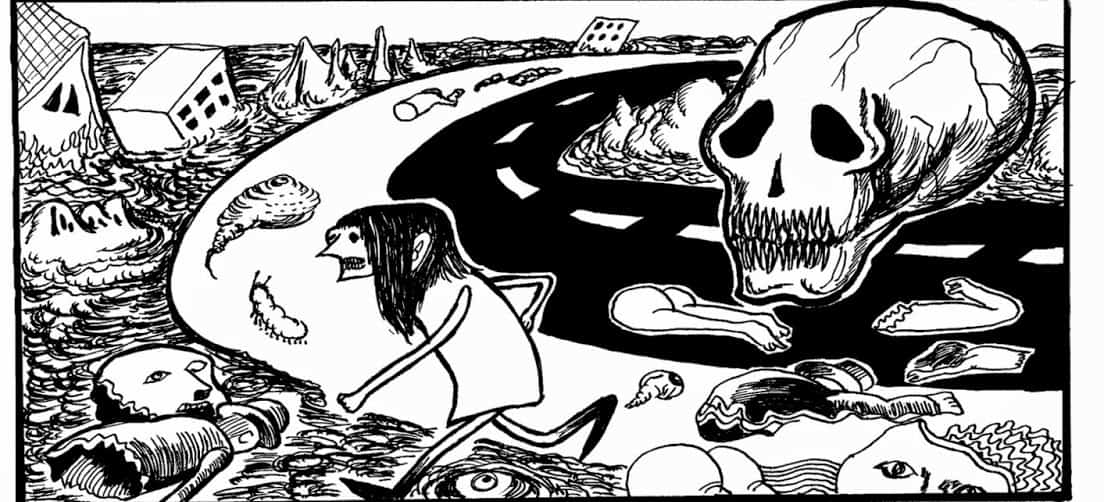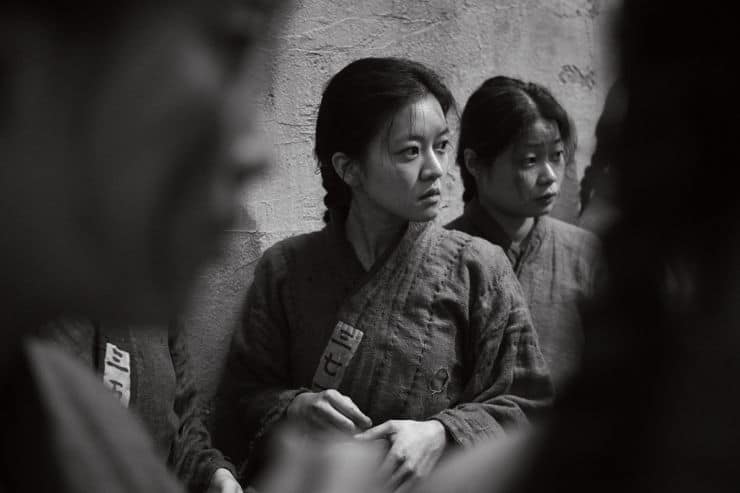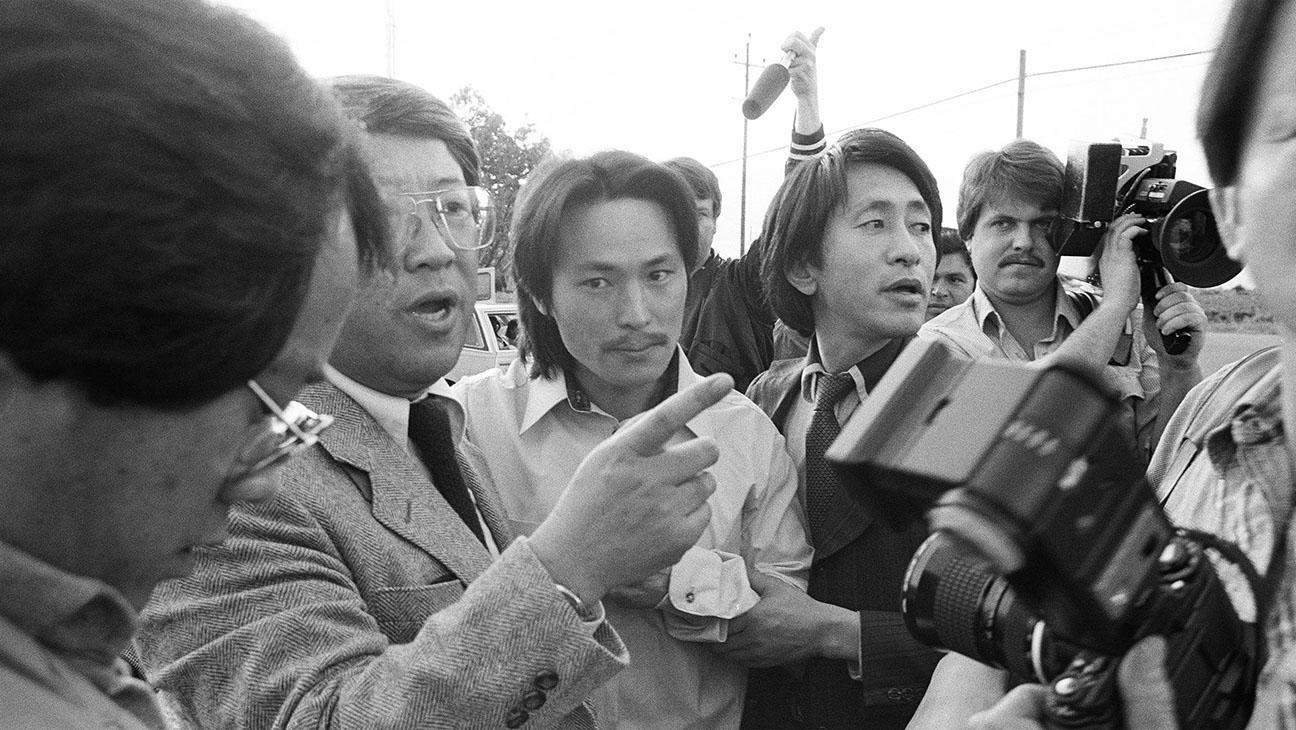Based the homonymous manga by Osamu Tezuka's, which was inspired by Jacques Offenbach's opera, “The Tales of Hoffman”, “Barbara” is a very strange but quite appealing film, which also functions as a great sample of how directors can handle pretentiousness.
Yosuke Mikuro is a successful novelist, who has succumbed to the calling of commerciality, however, during the last years, in essence writing books whose only aim is to please readers (the stupid ones, as stated in the film). Acknowledging the fact, he suffers from a kind of depression, until he meets upon Barbara, a beautiful, seemingly homeless girl whom he stumbles upon in the street, and, acting on a completely unjustified impulse, invites home. Barbara, however, is soon revealed to be much more than her looks suggested: she has read all of Mikuro's books and she can quote French poetry at whim, but is also quite judgmental about his recent works, and does not seem to respect at all, neither him nor his space. Her attitude leads him to kick her out, but soon after, she returns to his life with a bang, reacting to a madness that first has him trying to have sex with a mannequin (which in his mind, is a gorgeous woman) and then with a dog (this time, a girl in a dress). Barbara prevents him in the most violent way, and in essence, brings him back to his sexless reality. Soon, the two begin a relationship that leads to her introducing him to her rather extreme-looking mother, and a promise for a wedding. Things, however, do not go as planned, at all.
In terms of narrative, I would say that the story about the gentleman and the tramp, the comments about quality and commerciality in art and the consequences of the lack of sex are barely examined, and the film quickly takes an approach that focuses on style and imagery. In that fashion, the movie is filled with a stylistic pretentiousness that reminded me much of Jun Ichikawa's “Tony Takitani” (particularly in the sequence at the clothing store), while one could easily spot elements from “Eyes Wide Shut”, also. At the same time, the surrealistic eroticism of Tezuka's original, along with some exploitation elements are also to be found here, coated with an impressive production design by Toshihiro Isomi and the very fitting jazz score by Ichiko Hashimoto. The combination of all the above results in a triumph of style, where the almost void of context narrative thrives due to the visual presentation of the film and Tezca's excellent handling of the permeating pretentiousness, through both direction and editing.
Evidently, the film's aim is to impress than to provide food for thought, but I would say that because Tezca acknowledges the fact and is even keen to “flaunt” it to his audience, the result is a movie that works quite well. In that regard, Christopher Doyle's cinematography forms one of the most important aspects of this approach, with him managing to portray both the different setting, and the directorial approach to the narrative, with a very fitting artistry.
Another major focal point is Fumi Nikaido's presence as Barbara, with her giving a great performance in a rather complicated role that has her act as a tramp, a femme fatale, a “mother's daughter”, even as a cadaver. Her beauty fills the screen in all her capacities, while the camera seems to be in love with her and she enjoys the fact without any kind of restraint (I cannot describe it better, you have to watch the film to understand). Goro Inagaki plays the spoiled, lost, almost mad Yosuke with style, although his performance is on a lower level than Nikaido's. Lastly, Eri Watanabe's performance as Mnemosyne, Barbara's mother, is quite memorable, and in complete resonance with the film's aesthetics.
Evidently, “Barbara” is not a film addressed to those obsessed with context, real stories, etc. However, cinema can also work on other levels that focus on aesthetics, visuals and style, and that is exactly where Macoto Tezka's film thrives. Just allow your brain to shut down and simply enjoy the image.


